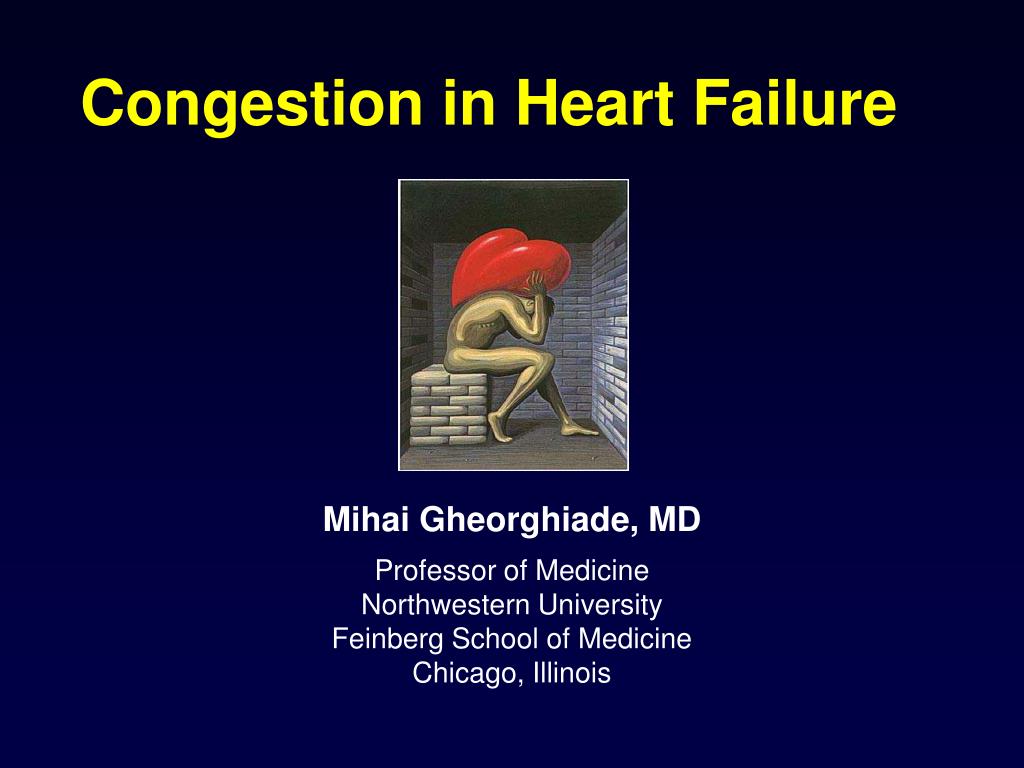

Organ failure may also eventually affect the heart.

Numerous other conditions can cause swelling in the feet, including: Sometimes doctors prescribe diuretics, or “water pills,” to help a person get rid of excess fluid and help keep their fluids balanced. Fluid restrictions: In people with heart failure who retain fluid, a doctor may recommend restricting their fluid and salt intake.A cardiologist may perform various procedures, such as cardiac catheterization or coronary artery bypass surgery. Cardiac interventions and surgery: In some cases of heart failure, surgery may help.Heart transplant: Some people with heart failure, especially those with severe heart failure, who have a good chance of survival with treatment, may need a heart transplant.It will not help the heart work better, however. Implantable cardioverter defibrillators (ICDs): A doctor may recommend an ICD in certain people with heart failure to reduce their risk of sudden cardiac death.It can be a good option for a person who is waiting for a heart transplant. A left ventricular assist device, for example, can help the left ventricle work better and reduce the overall effort of the heart. Implantable devices: Various devices can help the heart work better.The right drugs for a person will depend on their type of heart failure, lifestyle, and other medical conditions. Medication: A combination of medications can help, including beta-blockers, angiotensin-converting enzyme (ACE) inhibitors, and sodium-glucose cotransporter-2 (SGLT-2) Inhibitors, among others.A doctor may recommend the following treatments: There is no cure for heart failure, but treatment can greatly prolong a person’s life and reduce their symptoms. People can check their own blood pressure at home. A doctor may recommend at-home blood pressure monitoring or regular heart health checkups. It is also important for a person to monitor their symptoms.
#FLUID RETENTION CONGESTIVE HEART FAILURE HOW TO#
Learn how to follow a heart-healthy diet here.

Alcohol and tobacco: People should avoid or quit smoking and limit or avoid their intake of alcohol.People with heart failure may find that their symptoms get worse during emotional crises. Managing stress, where possible: People can practice stress management techniques, such as meditation, therapy, or journaling.Exercise can help the heart function more efficiently, and it may also address other risk factors, such as excess body weight and high blood pressure. Increasing, or maintaining, physical activity levels, where possible: A doctor should be able to provide advice on how to create and stick to a healthy exercise routine.Instead, people should limit their sodium intake to less than 2,300 milligrams per day. The body needs some sodium to function, so it is important to not eliminate it from the diet. Reducing the amount of salt in the diet: High-sodium foods include prepackaged, fried, and processed foods, such as prepared meals and potato chips.A person can adopt the following measures: Lifestyle adjustmentsįor people living with heart failure, behavioral changes can make a significant difference in their quality of life. Most people require the ongoing support of a cardiologist and some may need to take heart medication for the rest of their lives. Heart failure is a life threatening medical condition that a person cannot treat with home remedies or lifestyle changes alone.


 0 kommentar(er)
0 kommentar(er)
